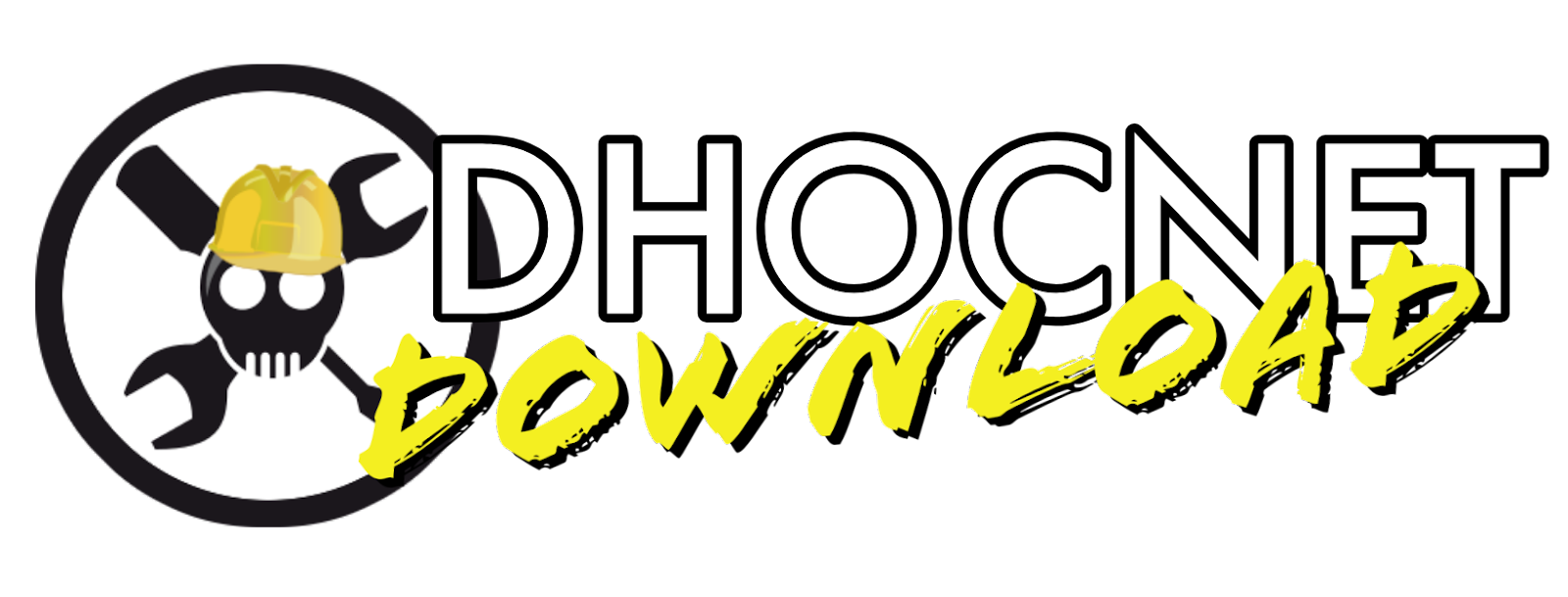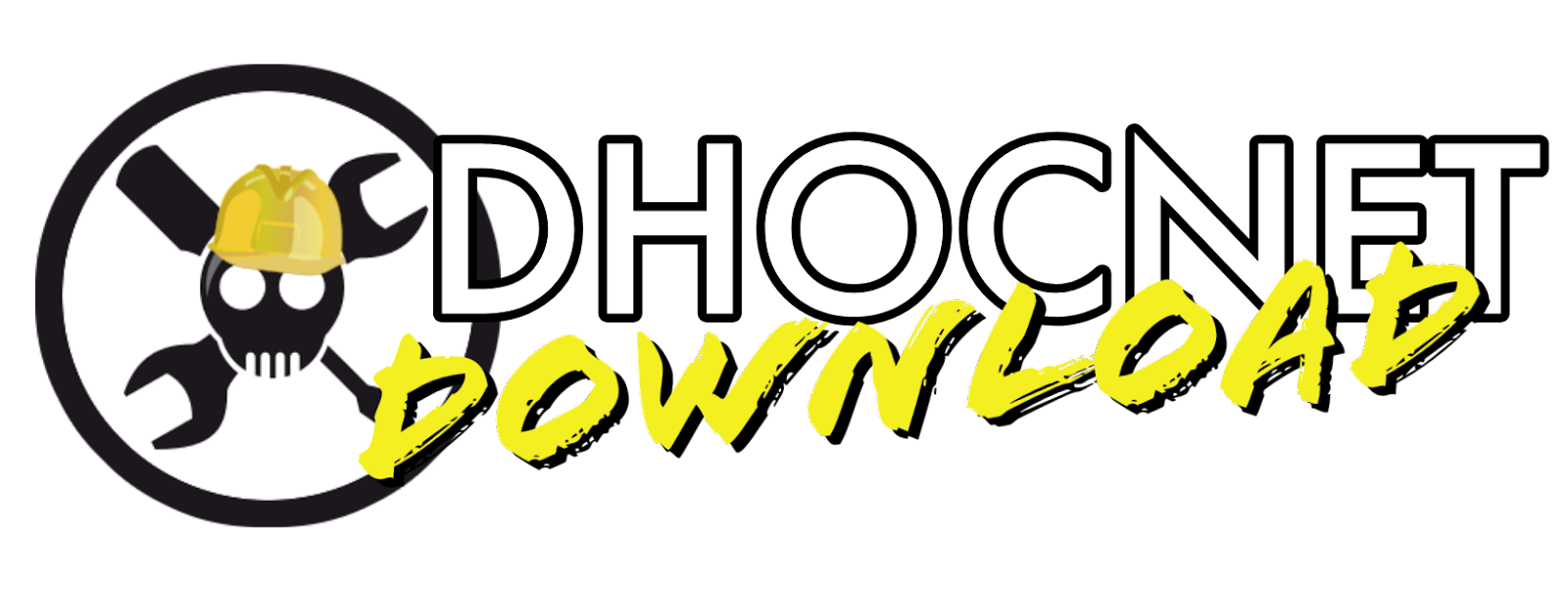Deskripsi
Download ebook The AWK Programming Language PDF - Awk is a programming language that makes it possible to handle such tasks with very short programs, often only one or two lines long. An awk program is a sequence of patterns and actions that tell what to look for in the input data and what to do when it's found. Awk searches a set of files for lines matched by any of the patterns; when a matching line is found, the corresponding action is performed. A pattern can select lines by combinations of regular expressions and comparison operations on strings, numbers, fields, variables, and array elements. Actions may perform arbitrary processing on selected lines; the action language looks like C but there are no declarations, and strings and numbers are built-in data types.
Judul buku: The AWK Programming Language
Bahasa: Inggris
Tebal: 225 halaman
Format buku: PDF
Software: Sumatra PDF Reader
Ukuran: 7.8MiB
Download: Ebook The AWK Programming Language PDF
Daftar Isi
PREFACE
CHAPfER 1: AN A WK TUTORIAL
1.1 Getting Started
- The Structure of an A WK Program
- Running an A WK Program
- Errors
1.2 Simple Output
- Printing Every Line
- Printing Certain Fields
- NF, the Number of Fields
- Computing and Printing
- Printing Line Numbers
- Putting Text in the Output
1.3 Fancier Output
- Lining Up Fields
- Sorting the Output
1.4 Selection
- Selection by Comparison
- Selection by Computation
- Selection by Text Content
- Combinations of Patterns
- Data Validation
- BEGIN and END
1.5 Computing with AWK
- Counting
- Computing Sums and Averages
- Handling Text
- String Concatenation
- Printing the Last Input Line
- Built-in Functions
- Counting Lines, Words, and Characters
1.6 Control-Flow Statements
- If-Else Statement
- While Statement
- For Statement
1.7 Arrays
1.8 A Handful of Useful "One-liners"
1.9 What Next?
CHAFfER 2: THE A WK LANGUAGE
- The Input File countries
- Program Format
2.1 Patterns
- BEGIN and END
- Expressions as Patterns
- String-Matching Patterns
- Regular Expressions
- Compound Patterns
- Range Patterns
- Summary of Patterns
2.2 Actions
- Expressions
- Control-Flow Statements
- Empty Statement
- Arrays
2.3 User-Defined Functions
2.4 Output
- The print Statement
- Output Separators
- The printf Statement
- Output into Files
- Output into Pipes
- Closing Files and Pipes
2.5 Input
- Input Separators
- Multiline Records
- The getline Function
- Command-Line Variable Assignments
- Command-Line Arguments
2.6 Interaction with Other Programs
- The system Function
- Making a Shell Command from an AWK Program
2. 7 Summary
CHAPTER 3: DATA PROCESSING
3.1 Data Transformation and Reduction
- Summing Columns
- Computing Percentages and Quantiles
- Numbers with Commas
- Fixed-Field Input
- Program Cross-Reference Checking
- Formatted Output
3.2 Data Validation
- Balanced Delimiters
- Password-File Checking
- Generating Data-Validation Programs
- Which Version of AWK?
3.3 Bundle and Unbundle
3.4 Multiline Records
- Records Separated by Blank Lines
- Processing Multiline Records
- Records with Headers and Trailers
- Name-Value Data
3.5 Summary
CHAPl'ER 4: REPORTS AND DATABASES
4.1 Generating Reports
- A Simple Report
- A More Complex Report
4.2 Packaged Queries and Reports
- Form Letters
4.3 A Relational Database System
- Natural Joins
- The relfile
- q, an awk-like query language
- qawk, a q-to-awk translator
4.4 Summary
CHAPTER 5: PROCESSING WORDS
5.1 Random Text Generation
- Random Choices
- Cliche Generation
- Random Sentences
5.2 Interactive Text-Manipulation
- Skills Testing: Arithmetic
- Skills Testing: Quiz
5.3 Text Processing
- Word Counts
- Text Formatting
- Maintaining Cross-References in Manuscripts
- Making a KWIC Index
- Making Indexes
5.4 Summary
CHAP'fER 6: LITILE LANGUAGES
6.1 An Assembler and Interpreter
6.2 A Language for Drawing Graphs
6.3 A Sort Generator
6.4 A Reverse-Polish Calculator
6.5 An Infix Calculator
6.6 Recursive-Descent Parsing
6.7 Summary
CHAP'fER 7: EXPERIMENTS WITH ALGORITHMS
7.1 Sorting
- Insertion Sort
- Quicksort
- Heapsort
7.2 Profiling
7.3 Topological Sorting
- Breadth-First Topological Sort
- Depth-First Search
- Depth-First Topological Sort
7.4 Make: A File Updating Program
7.5 Summary
CHAP'fER 8: EPILOG
8.1 AWK as a Language
8.2 Performance
8.3 Conclusion
APPENDIX A: A WK SUMMARY
APPENDIX 8: ANSWERS TO SELECTED EXERCISES
INDEX








